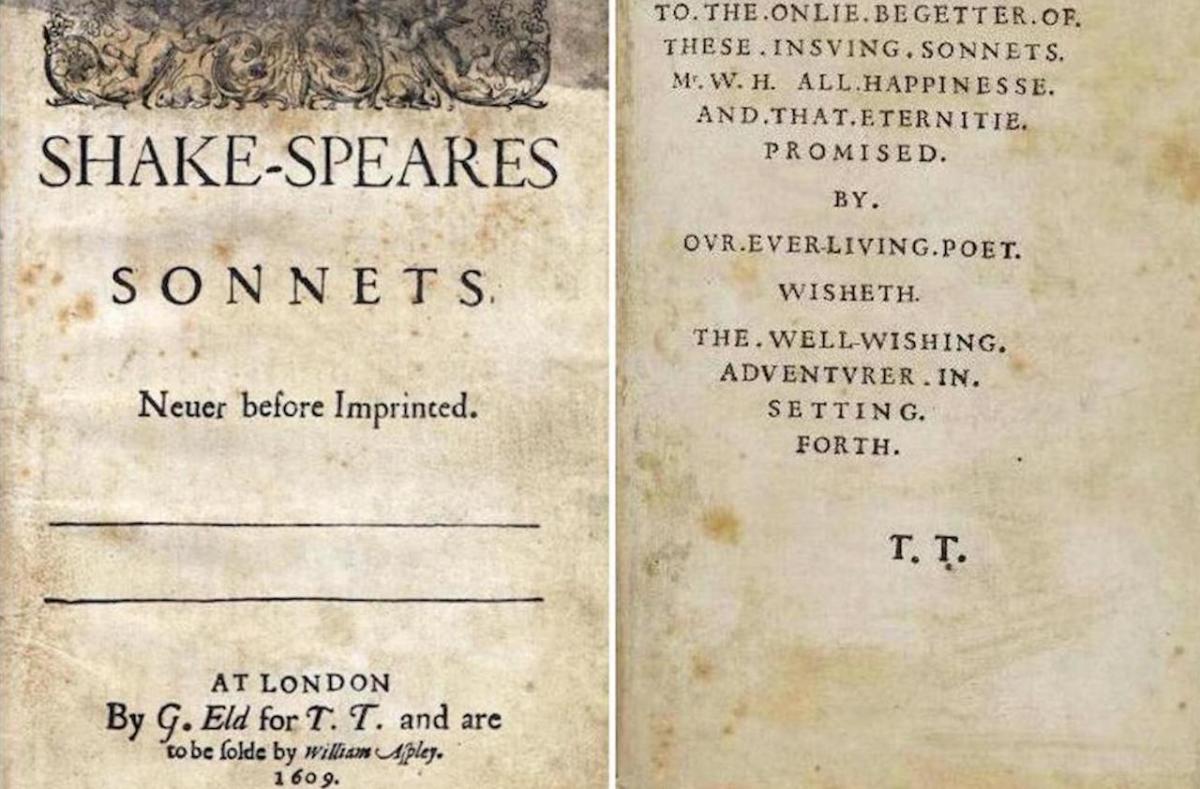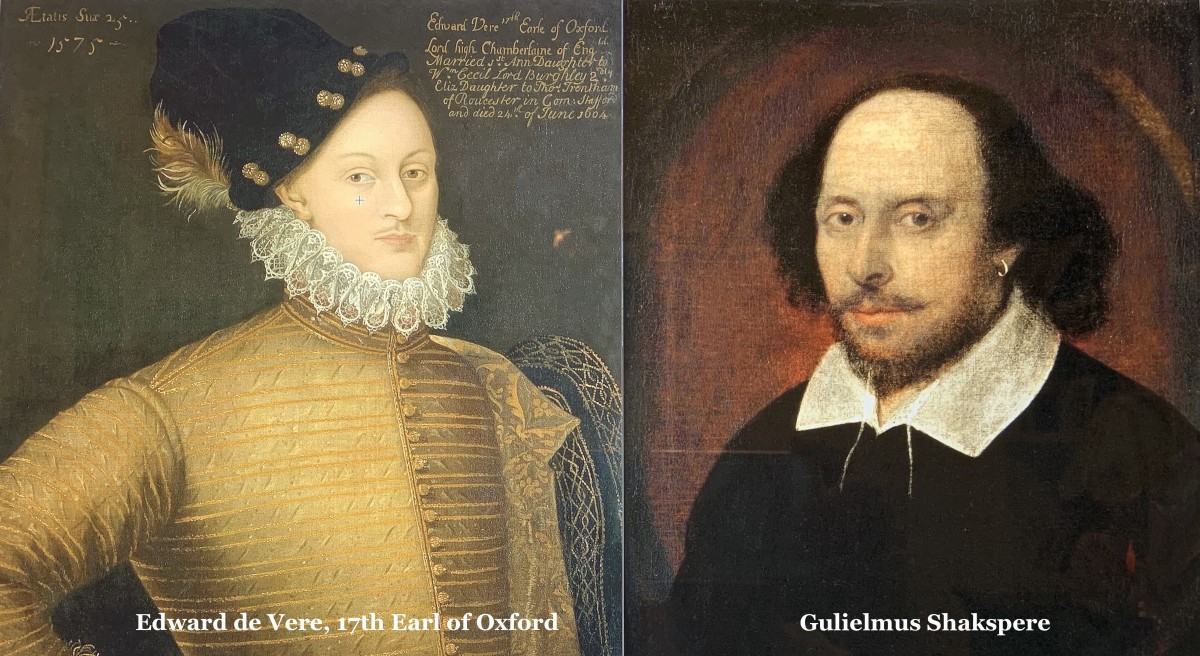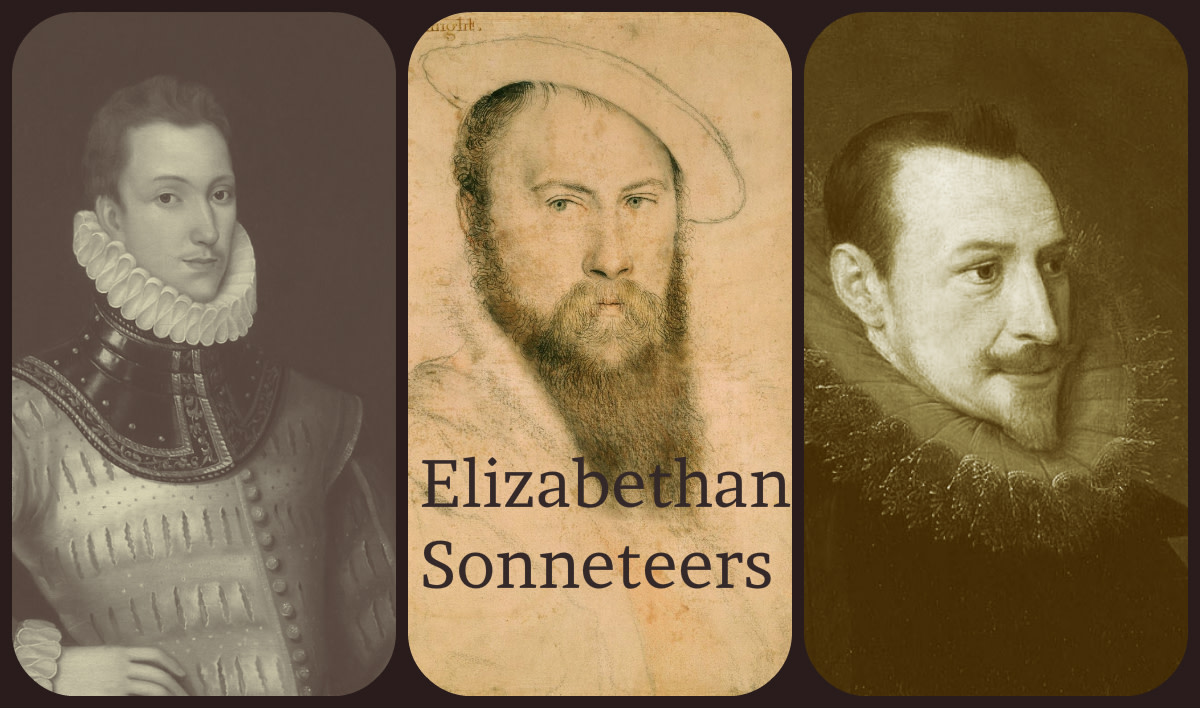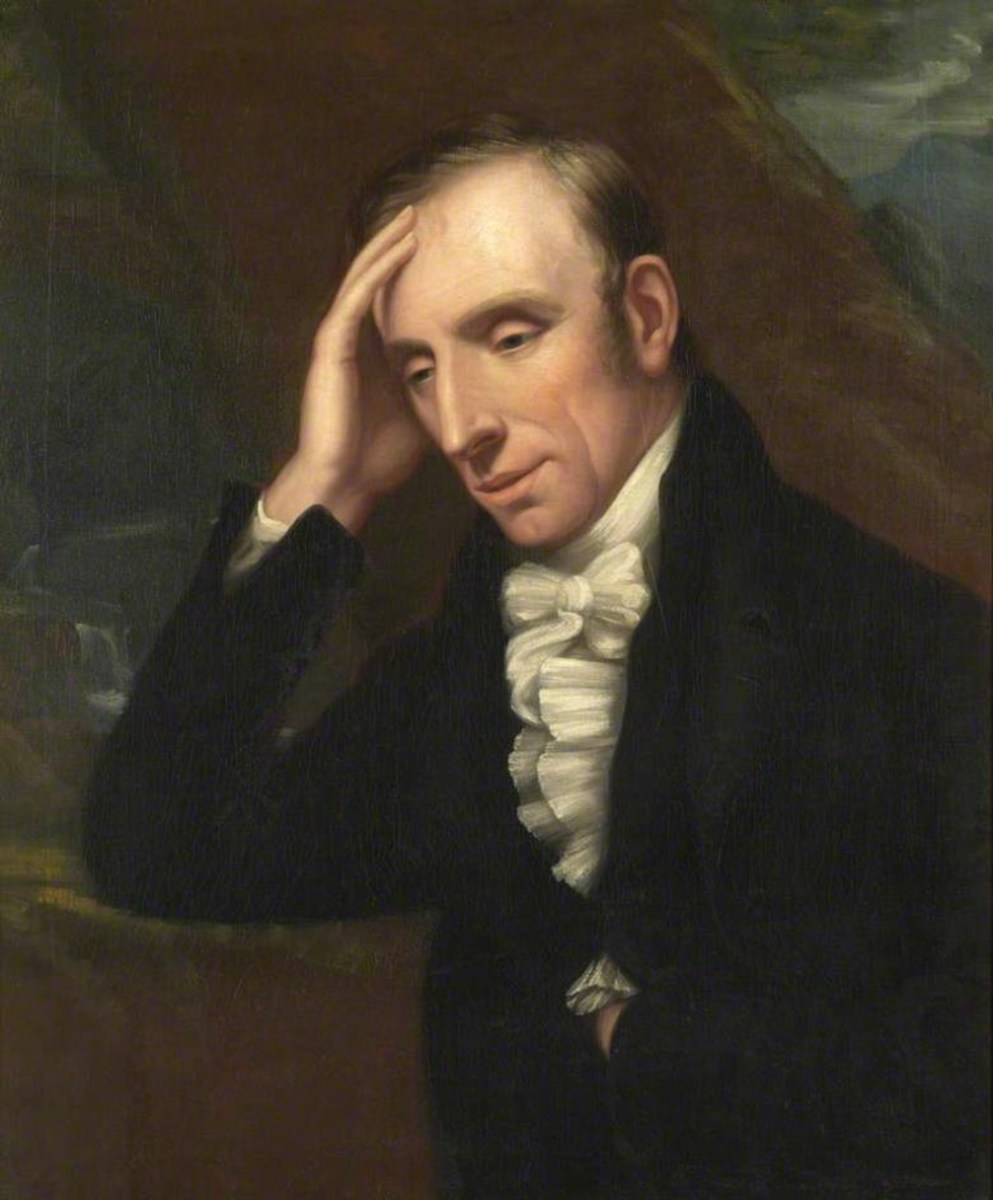Shakespeare Sonnet 57 "Being your slave what should I do but tend"

Introduction and Text of Sonnet 57 "Being your slave what should I do but tend"
In sonnet 57 from the classic Shakespeare 154-sonnet sequence, the speaker dabbles in a paradox: while he deems himself a slave to his muse, at the same time, he declares a soul freedom that the very music-slavery affords him. This speaker is tracing his cleverness back to the same source of his abundant, profound talent.
He is exploring his ability from all sides. He is especially interested in elucidating his own dedication in the sonnet. By allowing that he is, in fact, a captured slave of the muse, the speaker is at the same time demonstrating his independence from all kinds of snobbery, puffery, and buffoonish solipsism.
This speaker’s poetic toolkit remains a treasure trove of thoughts, feelings, and literary scenarios with which a poet with a perfect-pitch talent can continue to craft colorful, meaningful, and deeply personal yet universal masterpieces in poetry. His goal of remaining true to love, beauty, and truth always shines before him, guiding him to the best word to put in the best place.
He speaks with power and precision—even when engaging in tongue-in-cheek hyperbole—because he eschews all manner of fakery and mere decoration. His metaphors must perform a vital function in the communication process or else he will allow them to fall away, and he makes the same kinds of decisions regarding all manner of literary devices.
Sonnet 57 "Being your slave, what should I do but tend"
Being your slave, what should I do but tend
Upon the hours and times of your desire?
I have no precious time at all to spend,
Nor services to do, till you require.
Nor dare I chide the world-without-end hour,
Whilst I, my sovereign, watch the clock for you,
Nor think the bitterness of absence sour
When you have bid your servant once adieu;
Nor dare I question with my jealous thought
Where you may be, or your affairs suppose,
But, like a sad slave, stay and think of nought,
Save, where you are how happy you make those.
So true a fool is love that in your will,
Though you do anything, he thinks no ill.
Shakespeare Sonnet Titles
In the Shakespeare 154-sonnet sequence, the sonnets are numbered but not titled; that lack of titling is the case with most sonnet sequences. Therefore, each sonnet's first line must serve as its title in commentaries about the sonnet. According to the MLA style guide, "When the first line of a poem serves as the title of the poem, reproduce the line exactly as it appears in the text." APA, the style guide used by this site, does not address this issue.
Commentary on Sonnet 57 "Being your slave, what should I do but tend"
Because his muse is vitally important to him, this speaker can often be seen weighing that importance and exploring the nature of the relationship. Remaining a slave to this spiritual essence allows him to emphasize his dedication to his own talent.
First Quatrain: Addressing His Muse
Being your slave, what should I do but tend
Upon the hours and times of your desire?
I have no precious time at all to spend,
Nor services to do, till you require.
The speaker begins the first quatrain by addressing his master muse, declaring that he is, in fact, a "slave" to his music talent. This speaker cannot do anything without permission from the muse. He has committed himself to waiting to perform whatever the muse wishes at whatever times the muse is ready for his service.
The speaker declares that he possesses no time at all that is dedicated solely to himself. He is so indebted to his music talent that he does not even possess a shred of time. This dedicated speaker also has nothing to do, no services to perform, until the muse bids him act. His dedication is complete; he has nearly obliterated any self or self-value in favor of this higher power which he allows to possess him.
Second Quatrain: Refusing to Complain
Nor dare I chide the world-without-end hour,
Whilst I, my sovereign, watch the clock for you,
Nor think the bitterness of absence sour
When you have bid your servant once adieu;
Despite his absolute obeisance to his master muse, this speaker refuses to complain. He has learned to move comfortably in chains, so to speak. Unlike the ordinary slave who quietly performs his service while plotting revenge and escape, this speaker refuses even to "chide" anyone regarding his slavery.
This speaker does not sulk in bitterness while the muse is away. He does not dare moan and whine when Master Muse "bid[s her] servant once adieu." He willingly accepts his servitude.
As the speaker concentrates on and reports all the negative things he does not do, he is implying their opposite: that he is ever willing to retain this servile station, accepting with utter sweetness any condition which the muse sees fit to lay upon him. He will smile through all absences and still be smiling and bowing upon the master muse’s return.
Third Quatrain: No Jealousy
Nor dare I question with my jealous thought
Where you may be, or your affairs suppose,
But, like a sad slave, stay and think of nought,
Save, where you are how happy you make those.
The speaker does not badger his muse with jealous demanding of the whereabouts of the muse, as lovers would likely do to each other. This speaker has dignity and independence, even while deep inside the muse's constraints.
This confident speaker continues to behave as an independent human force, not as "a sad slave." He never bothers to blight his heart and mind with an imagination gone wild featuring his muse traipsing off and lavishing her time on others.
The obverse of what the speaker does not do holds especial sway here. The speaker has closely examined and colorfully portrayed many times in many sonnets the strength of his own God-given talent.
The power this speaker possesses and the confidence he displays result from his own self-awareness. He can be content even when his most important possession, his muse, his poetic talent, takes hiatus, as that creative entity is wont to do from time to time.
The Couplet: Muse as Spiritual Reality
So true a fool is love that in your will,
Though you do anything, he thinks no ill.
Of course, the muse manifests herself as the spiritual reality of the speaker’s intense love, his strong soul love that informs his art. The speaker realizes that his own worth allows him to "think[ ] no ill" even while his muse seems to be off frolicking elsewhere. This speaker understands and appreciates that his love is absolutely not a fool but the best kind of genius that will serve him perpetually.
The speaker may also be understood to be speaking somewhat tongue-in-cheek, and likely he is painting his attitude as he knows it should be. He knows he does not really aspire to such gilded perfection, but by insisting a situation is so, he will be able to achieve that perfection as he works toward it.
His hyperbolic slavery allows him to speak freely, and his eloquence allows him to create new identities and new attitudes that will continue to serve him well in his capacity as a genuine artist.

Related Shakespeare Information
- Introduction to the Shakespeare 154-Sonnet Sequence - The Shakespeare 154-sonnet sequence offers a study of the mind of a poet. The first 17 have a speaker persuading a young man to marry and produce lovely offspring. Sonnets 18–126 address issues relating to talent and art creation.
- "William Shakespeare": Nom de Plume of Edward de Vere, 17th Earl of Oxford - The Shakespeare controversy continues to play out between the Oxfordians, who argue that the "Shakespeare" writer was Edward de Vere, 17th Earl of Oxford, and the Stratfordians, who insist that Gulielmus Shakspere of Stratford-upon-Avon remains the writer of that canon.
Commentaries on Other Shakespeare Sonnets
- Shakespeare Sonnet 1 "From fairest creatures we desire increase." DiscoverHubPages. Original: February 13, 2023. Updated: January 11, 2024. - EXCERPT: The Shakespeare sonnet sequence features 154 Elizabethan sonnets (also known as English or Shakespearean). The first sonnet "From fairest creatures we desire increase" begins the focus on the young man, and the speaker will continue that engagement in sonnets 1-17.
- Shakespeare Sonnet 4 "Unthrifty loveliness, why dost thou spend." DiscoverHubPages. Original: February 26, 2023. Updated: January 10, 2024. - EXCERPT: Sonnet 4 from"The Marriage Sonnets" in the classic Shakespeare 154-sonnet sequence, find the speaker engaging a finance metaphor to enhance the drama of his argument.
- Shakespeare Sonnet 5 "Those hours, that with gentle work did frame" DiscoverHubPages. Original: February 27, 2023. Updated: January 10, 2024. - EXCERPT: The speaker of Shakespeare sonnet 5 continues fashioning his little dramas, persuading the young man that he must marry and procreate to preserve his youth and thus attain a certain imagined version of immortality.
- Shakespeare Sonnet 18 "Shall I compare thee to a summer’s day?" Owlcation. Original: October 12, 2023. Updated: January 22, 2024. - EXCERPT: Shakespeare sonnet 18 "Shall I Compare Thee to a Summer’s Day" is one of the bard’s most widely anthologized—and most widely misunderstood—sonnets. There is no person in this sonnet: the speaker is not comparing/contrasting the beauty of nature and the beauty of a paramour.
This content is accurate and true to the best of the author’s knowledge and is not meant to substitute for formal and individualized advice from a qualified professional.
© 2024 Linda Sue Grimes


